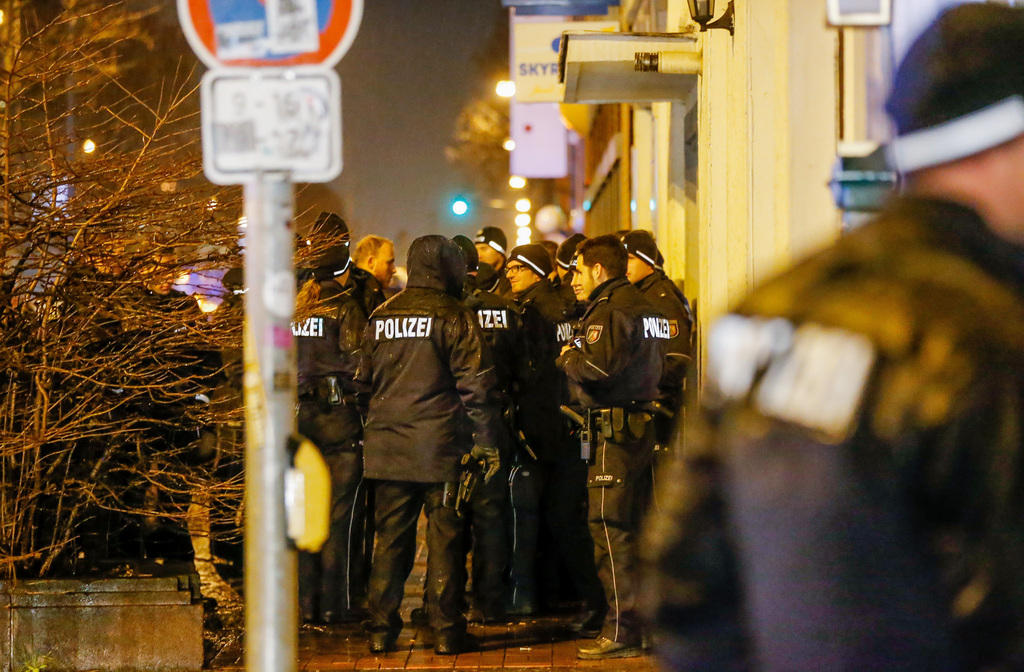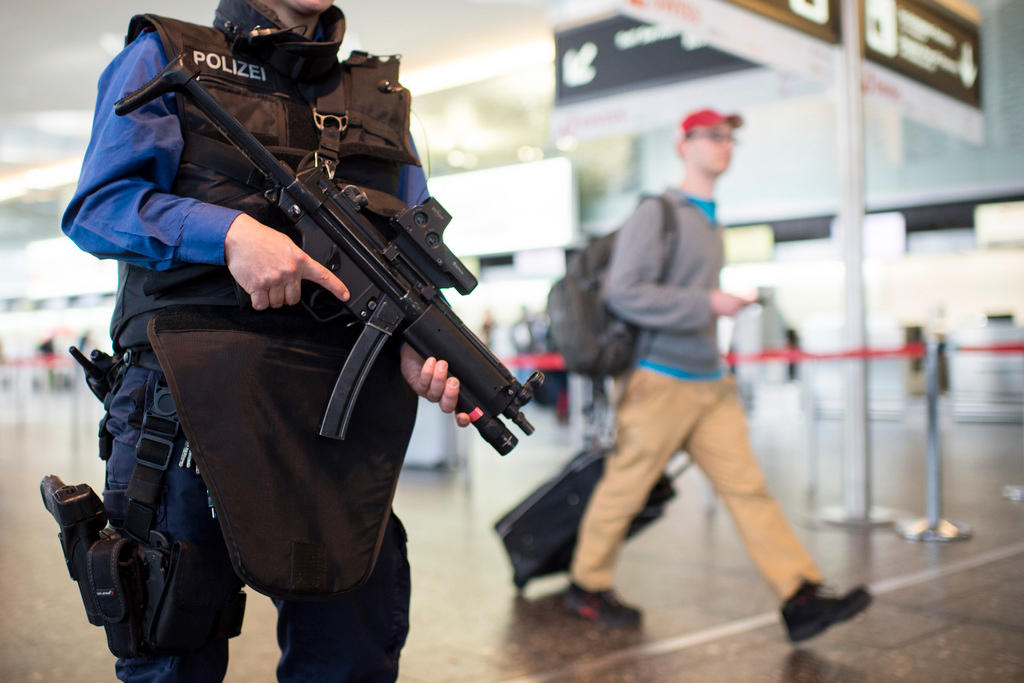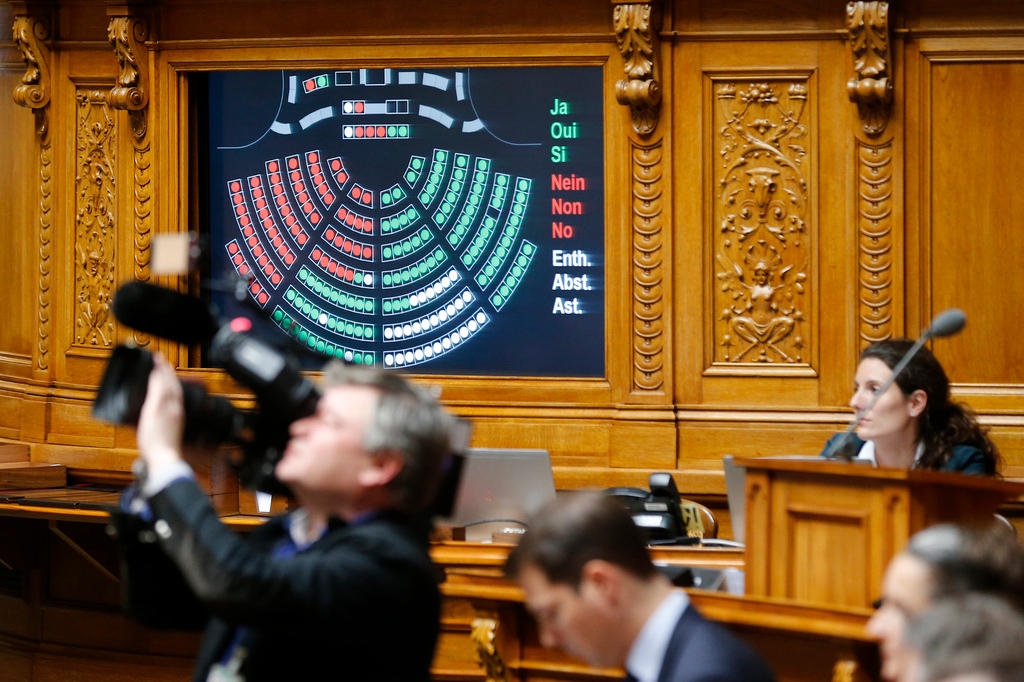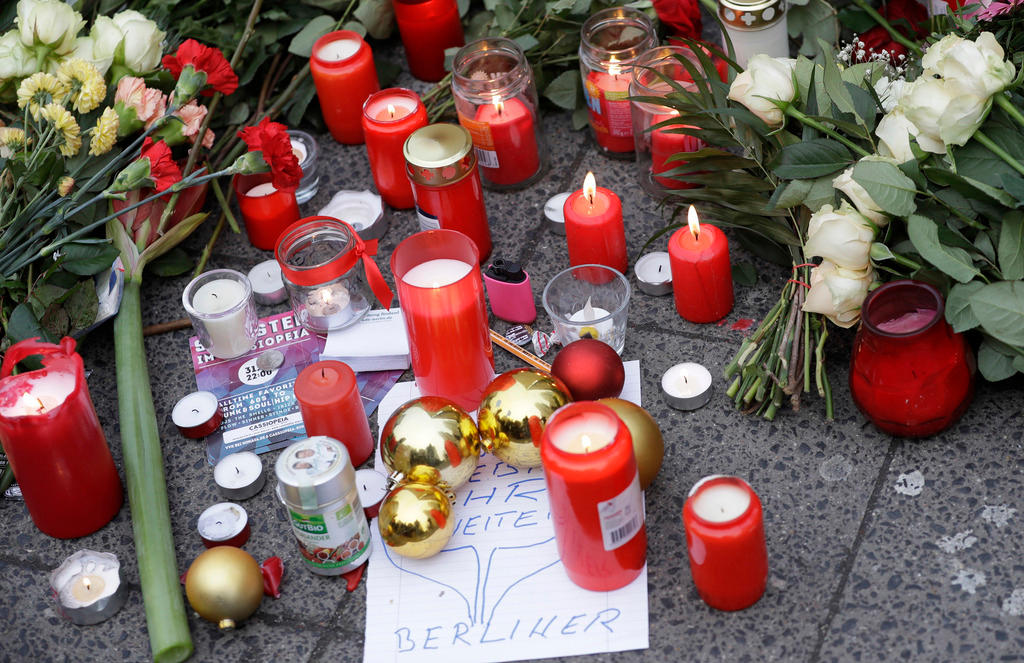Did Berlin attacker slip under Swiss authorities’ radar?

Despite reports of a two-week stay in 2015, Berlin attacker Anis Amri’s presence in Switzerland appears to have gone unregistered by Swiss authorities.
According to the SonntagsZeitung, the Swiss Federal Office of Police, Intelligence Service and Attorney General’s Office are all “unable to confirm” that the 24-year-old Tunisian stayed briefly in Switzerland while searching for work, as his brother and sister told the German-language Swiss newspaper on Sunday.
Amri, who allegedly drove a lorry through a Berlin Christmas market last Monday, killing 12, was fatally shot by police in Milan on Friday.
On the run
His siblings reported to the SonntagsZeitung that after being released from a four-year prison stint in Italy in the spring of 2015, Amri came to Switzerland in search of employment, before leaving for Germany after about two weeks due to fear of Swiss security checks. However, there appears to be no official record of his Swiss stay.
According to a New York TimesExternal link report , Germany then rejected Amri’s application for asylum and ordered him deported. He allegedly then bought a bus ticket back to Zurich in the summer of 2016, but never made it to Switzerland a second time: he was arrested at the border by German police, who noticed his deportation order. But due to Amri’s lack of Tunisian paperwork and contested citizenship status, the German authorities had no choice but to release him after two days’ detainment.
Risk status unknown
Also on Sunday, the NZZ am Sonntag newspaper reported that it is still unclear whether or not Tunisia has a place on the Swiss Intelligence Service’s list of “at-risk” countries. Asylum seekers coming from countries on this list, which is confidential and compiled by the Swiss cabinet, are subject to special systematic controls. An Intelligence Service spokesperson confirmed that the list was finalised in 2016 to the German-language paper, which reports that Syria, Iraq, Yemen, Somalia and Pakistan are included.

In compliance with the JTI standards
More: SWI swissinfo.ch certified by the Journalism Trust Initiative



You can find an overview of ongoing debates with our journalists here. Please join us!
If you want to start a conversation about a topic raised in this article or want to report factual errors, email us at english@swissinfo.ch.